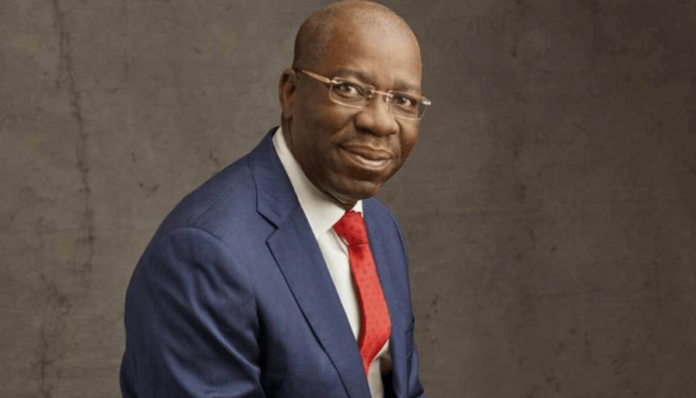The recent decision by Edo State Governor Godwin Obaseki to disengage Dr. Samuel Alli from his position as Commissioner for Health has sent ripples through the state’s political landscape. As we examine this development, it’s essential to consider the broader context and implications.

Dr. Alli’s tenure as the Commissioner for Health has been marked by both achievements and challenges. During his time in office, he spearheaded critical initiatives such as:
1. Healthcare Infrastructure Upgrades: Dr. Alli championed efforts to improve healthcare facilities across the state. From renovating existing hospitals to constructing new health centers, his focus on infrastructure was commendable.
2. Disease Prevention Campaigns: Under his leadership, Edo State witnessed targeted campaigns to combat prevalent diseases. These included vaccination drives, awareness programs, and community health education.
3. Health Workforce Development: Dr. Alli worked tirelessly to enhance the skills and capacity of healthcare professionals. Training workshops, skill-building programs, and recruitment drives were part of his strategy.
However, challenges persisted. Issues like inadequate funding, staff shortages, and disparities in healthcare access remained unresolved. Critics argue that more aggressive measures were needed to address these systemic issues.
Governor Obaseki’s administration has consistently emphasized efficiency, transparency, and citizen-centric governance. By disengaging Dr. Alli, the governor signals a commitment to revitalizing the health sector. Here are some key aspects of his vision:
1. Innovation and Technology: Governor Obaseki aims to leverage technology to bridge gaps in healthcare delivery. Telemedicine, electronic health records, and data-driven decision-making are on the agenda.
2. Community Health Integration: The governor recognizes that health extends beyond hospital walls. His administration seeks to strengthen community health centers, promote preventive care, and engage local communities.
3. Public-Private Partnerships: Collaborations with private healthcare providers are crucial. Governor Obaseki envisions strategic partnerships to enhance service delivery and resource allocation.
The appointment of Dr. Roland Igbinoba as Special Adviser to the Governor on Special Projects signifies a turning point. Dr. Igbinoba brings a fresh perspective and expertise to the table. His mandate includes:
1. Project Acceleration: Dr. Igbinoba’s role extends beyond healthcare. He will oversee critical developmental projects across the state, including infrastructure, education, and agriculture.
2. Stakeholder Engagement: Expect Dr. Igbinoba to collaborate with various stakeholders, healthcare professionals, community leaders, and investors to drive positive change.
Governor Obaseki’s decision reflects a commitment to progress. As Dr. Igbinoba takes charge, Edo State can anticipate renewed efforts to improve healthcare delivery, enhance facilities, and prioritize the well-being of its citizens.




